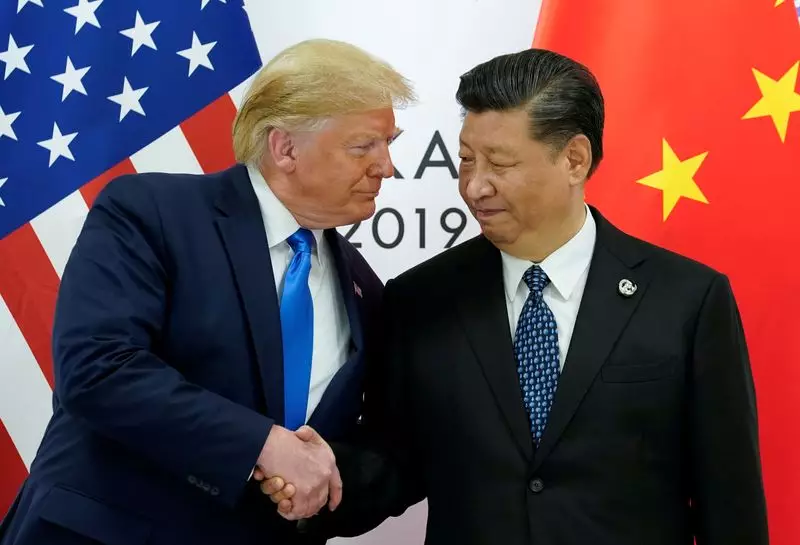The recent re-election of Donald Trump as President of the United States could herald significant changes in the diplomatic landscape between the U.S. and China. As a decisive figure with a history of aggressive trade policies, Trump’s return to office may pose both opportunities and challenges for the bilateral relationship. His re-election was met with a measured response from China, emphasizing the need for pragmatism amid looming tariff threats.
Following Trump’s victory, Chinese officials articulated a respect for the democratic process, congratulating him on his win. This gesture serves as a crucial diplomatic overture aimed at signaling a willingness to engage constructively. An official Chinese spokesperson stated, “We respect the choice of the American people,” suggesting an acknowledgment of the electoral result while simultaneously hinting at the complexities of future relations.
Trump’s first presidential term was marked by the initiation of a trade war with China, characterized by sweeping tariffs on imports. Experts speculate that his second term could see the revival of this contentious chapter. During his presidency from 2017 to 2021, Trump imposed a range of tariffs, which were not significantly rolled back by the Biden administration. The continuation of tariffs, including drastic increases on essential goods like solar cells, steel, and electric vehicles, underscores the ongoing friction.
The prospect of Trump imposing even steeper tariffs—reportedly as high as 60% on various imports—creates a scenario fraught with potential economic repercussions. The implications for China’s already fragile economy, grappling with issues such as decreasing property values and high local government debt, cannot be overstated.
China Daily, a state-run publication, highlighted the possibilities for a fresh start in U.S.-China relations but cautioned against “wasting the chance” for constructive dialogue. This sentiment echoes a broader call for both nations to engage in effective communication and collaboration to manage their differences. The need for diplomacy is paramount as misunderstandings and misjudgments could escalate tensions that may disrupt global stability.
Evidence suggests that both nations can benefit from pragmatic approaches to their multifaceted relationship. While economic competition is inevitable, fostering open channels of communication can help mitigate tensions and pave the way for cooperative solutions to pressing global challenges like climate change and public health crises.
As Trump prepares to take office once more, the potential for a transformative chapter in U.S.-China relations hangs in the balance. While China has expressed respect for the election outcome, the true test will be in how both nations navigate their profoundly intertwined challenges. A practical approach that transcends political rhetoric and focuses on mutual benefits will be essential as they move forward. The current geopolitical landscape necessitates that both countries rethink their strategies to avoid a further economic rift and work collaboratively in addressing increasingly complex global issues.

